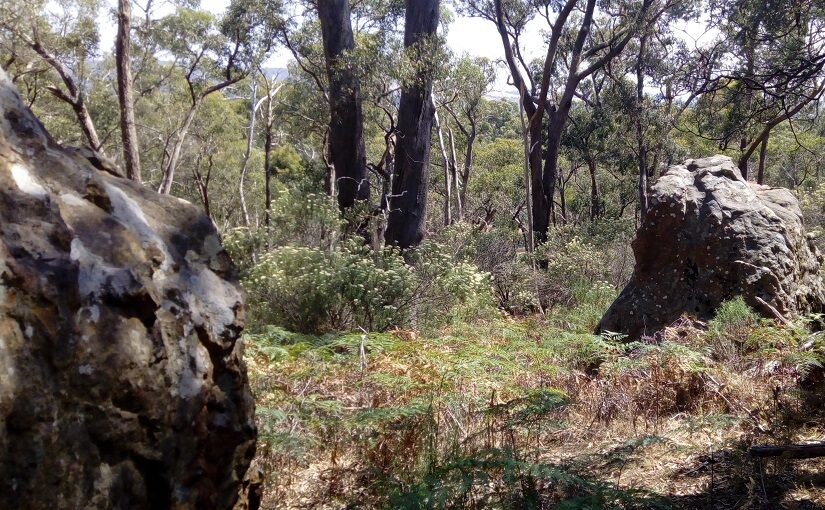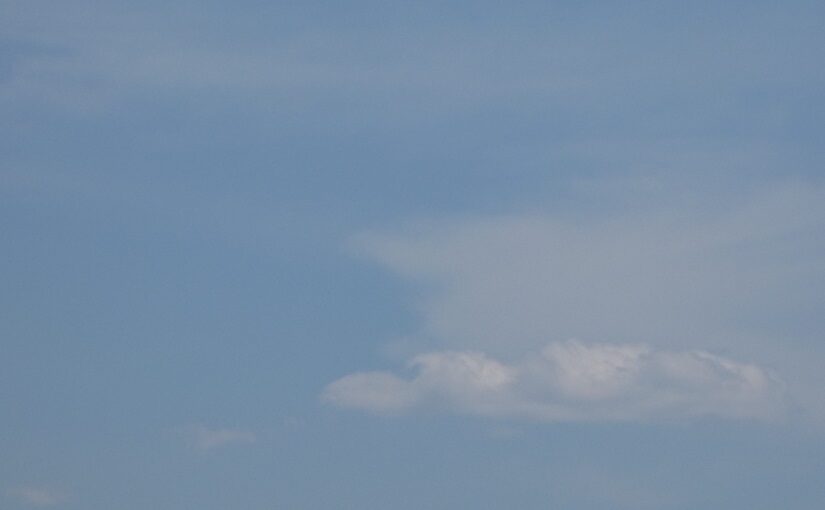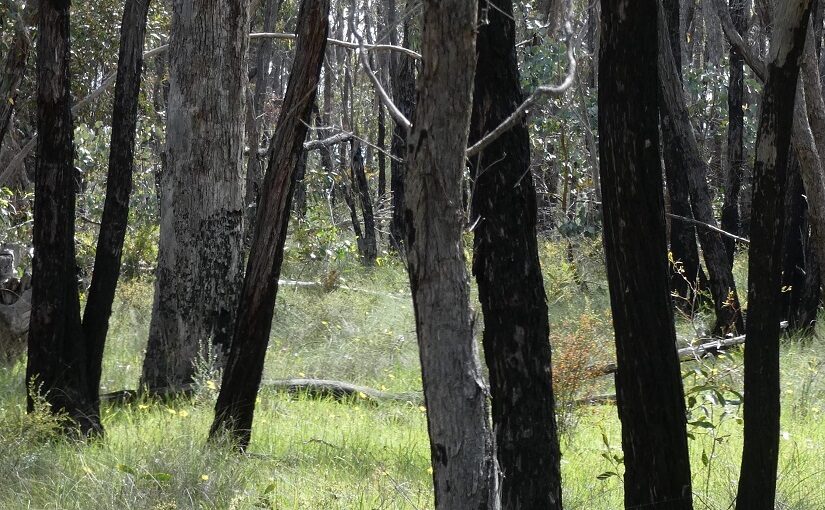In life, it must be that things are shaped, in large part, by our relationships: by all that comes to meet us and how we, in turn, take our place in relation to it all. This sense in which we’re “met” by our environment, our community, all those around us, and the ideas informing their thinking – everything washing over us until we pin it down into some semblance of order, meaning, identity or purpose.
Isn’t it what we do? Create meaning. Take all we see, assign it its place, then chart our course within reality as we came to see it. All the ideas we were handed shaping our interpretations of things; what they’re worth; why they matter. As if we’re all just woven into this world – our human connections, place within society as it currently exists, and grasp of the thinking that’s pervading our way of life.
And maybe that’s always been the case: that humans arrive on the scene within the context of their family, their place of origin, their plusses and their minuses. Each individual emerging “somewhere” with their personalities, outlooks, priorities and interests. The uniqueness of each person somehow blending with the situation into which they were placed through no seeming choice or merit of their own.
How is it that we form our relationship to it all, deciding which things we’ll hold to and which we’ll let fall away? This fundamental acceptance or rejection of what’s presented that comes to form our own set of feelings, conclusions and choices. As if, in youth, life passes before us and we decide what we’ll think about it and which paths we’ll take.
Effectively then standing in relationship to all that’s around us: our past and its formative forces; our judgements or preconceptions about those we’ll meet; our awareness of society and its mechanisms; our overarching sense of what life is. Woven so tightly into our own experiences and sense of personal identity or worth, tending to see the world in light of how it affects us – refracting reality through that lens.
The thought of all we’re born into seems so interesting: all the ideas and all the systems that engulf us. That we all exist “somewhere” within it all, facing all the obstacles or opportunities that creates and all the positive or negative judgements turned toward us. As if we’re all tangled in this web of ideas and web of realities with which humanity’s divided up the planet.
In many ways, it seems true that we stand in relationship to every other being: that lines could be drawn between each one of us and between us and all the “resources” of nature. These connections of meaning, recognition, value and respect that are established, one way or another, between “us” and everything that’s making up our existence
Within modern life, how clear are those relationships? Beyond the tangibly visible communities of our recent past, how can we weave together a meaningful sense for all our lives now are?
Notes and References:
Threads, becoming a united whole
If environment shapes us…
Pieces of the puzzle
How much everything is connected
Winning the lottery…
Being conscious of our constructions
All we’re trying to uphold
Belonging & believing
Conversations we agree to have










